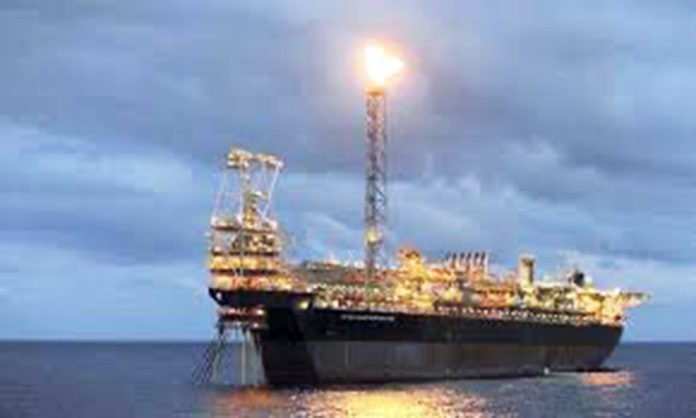
Along Ghana’s south-western coast, a quiet but dangerous crisis is unfolding—one that threatens both lives at sea and the backbone of Ghana’s energy economy.
More and more fisherfolk are illegally entering the restricted safety zones surrounding Floating Production Storage and Offloading (FPSO) vessels in the oil and gas fields. These incursions are not only illegal, but life-threatening and the consequences could prove devastating to individuals, communities and the country at large.
Since Ghana’s historic oil discovery in 2007, the population of fisherfolk along the coastal stretch between Ahanta West and Jomoro has surged dramatically. With this growth has come mounting pressure on marine resources and an increasing number of fishing canoes entering FPSO exclusion zones and designated areas around offshore oil infrastructure that are legally off-limits to all unauthorized vessels.
The International Maritime Organization (IMO) and Ghanaian law both require a minimum exclusion zone, usually 500 meters around FPSOs, where no fishing or sailing activity is permitted without clearance. These are not arbitrary boundaries. These zones exist to protect human lives, national assets, and the fragile marine environment.
Unfortunately, enforcement in Ghana’s offshore space has been challenging. The Chronicle has gathered that some fisherfolk, in pursuit of a better harvest, now paint their canoes sky blue to avoid detection, entering areas dangerously close to FPSO units.
In doing so, they not only flout maritime law but they also expose themselves and the nation to catastrophic risks.
FPSOs are volatile industrial environments. They handle crude oil and gas under high pressure, surrounded by subsea pipelines, mooring systems, and support vessels. The presence of an unauthorized vessel could trigger a fire, an explosion, or an oil spill. A simple engine spark from a canoe could ignite tragedy. A single fishing net caught in a riser could halt production, rupture a pipeline, or cost the state millions in lost revenue.
Even more pressing is the threat to national security. Offshore oil installations are strategic infrastructure. Unpermitted access can be interpreted as an act of sabotage or piracy. Ghana cannot afford such a breach, not in these times of regional maritime insecurity and economic uncertainty.
But the issue goes deeper than legality and risk. This is a matter of livelihoods and human dignity. Fisherfolk do not take such risks out of recklessness; they do so out of economic desperation. As fish stocks shrink and fuel prices climb, the temptation to drift toward the FPSO zone grows stronger.
That is why this is not just a law enforcement issue—it is a development challenge, a public safety issue, and a national conversation that must involve everyone.
We must act now
The Marine Police and Navy must be better resourced and empowered to patrol FPSO zones consistently. Offshore operators must continue to step up engagement with fishing communities, not only in enforcing exclusion zones, but in building understanding. Government ministries must invest in alternative livelihoods and support systems for fisherfolk—such as fuel subsidies, skills training, and fish stock restoration through artificial reefs.
Above all, the message must be clear: FPSOs are not fishing grounds. They are high-risk, high-value industrial zones, and encroachment is not only illegal but dangerous. Fisherfolk are not the enemies of progress so they must not become casualties of Ghana’s industrial expansion.
Let us protect our people, preserve our petroleum, and uphold the rule of law. The sea feeds us, but it must not consume us. Staying away from FPSO zones is not just a matter of compliance, it is a matter of national survival.
The views expressed in this article are the author’s own and do not necessarily reflect The Chronicle’s stance.







